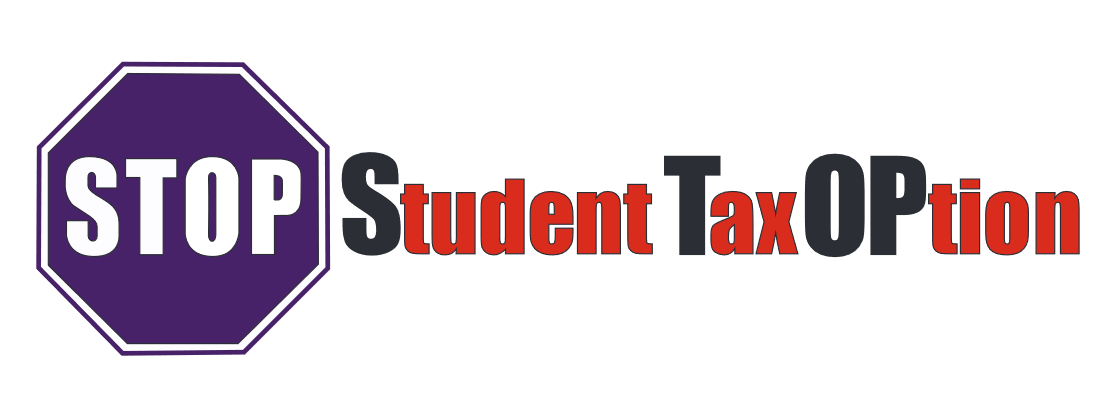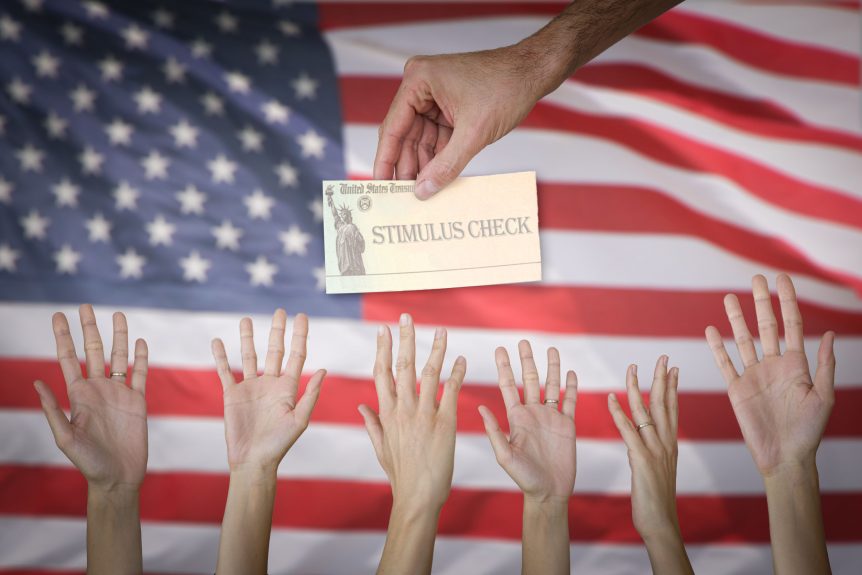There are 44 million people with student loan debt. The COVID-19 global pandemic has left many borrowers suddenly unemployed and panicked at their growing financial needs. Many are scrambling to find adequate employment to meet at least a fraction of their current expenses, while trying to manage unemployment payments.
In response to the record-shattering unemployment claims filed in response to the COVID-19 business closings, Congress passed the CARES (Coronavirus Aid, Relief, and Economic Security) Act.
The CARES Act provides monthly stimulus payments up to $1,200 to help make financial ends meet during the uncertainty of this global pandemic.
Desperate to hold on to this money, many student loan borrowers are anxious, as they do now know whether their stimulus payment is subject to seizure to go towards their student loan repayment.
Income Based Repayment Plans
Most student borrowers are on an income-focused repayment or pay as you earn repayment plan. This means that a formula was calculated to the borrower’s taxable income to determine the borrower’s monthly payment. Annual recalculations and modifications are made in response to any changes in the borrower’s income or family size. The stimulus payment provided through the CARES Act is not considered taxable income; and is therefore not reportable to the borrower’s loan servicer. Thus, it will hold no bearing on an income based repayment plan.
Student borrowers can confidently secure their stimulus payment without worry of student loan lender interception.
Federal Student Loans
The Treasury Offset Program permits the federal government to intercept federal money directed to a student borrower in default on their federal student loan, and apply the money towards the student loan debt satisfaction. Sources of such applicable federal money include Social Security and federal tax refunds.
Although the Treasury Offset Program describes the usual business practice of federal student loan default, the CARES Act has suspended all collections on government-held federal loan repayment through September 30, 2020.
Private Student Loan Lenders
Student loan borrowers who are current on their student loan payment plan are not subject to any income or bank account seizure from their respective private student loan lender.
Generally, private student loan lenders cannot, absent legal authority, intercept any income, assets, or property of a student loan borrower in default. Legal authority usually requires a court order.
The exception to this general rule is where a student loan borrower has defaulted on their private student lender repayment plan to their bank. If the borrower holds a checking account with that bank, some banking contracts allow for the lending bank to remedy the defaulted amount from money deposited into that account. Subject to state law, private student loan lenders who secure court judgment may also remedy judgment amount through the student borrower’s checking account. The lender in this case would request to attach a bank account to the judgment to adequately satisfy the judgment.
As long as the student borrower’s bank account where the stimulus payment is anticipated to be deposited is not connected to the private student loan lender, the student borrower’s stimulus payment should not be subject to seizure.
Conclusion
With the exception of student loan borrowers who are in default on their student loan payment to a private lender and subject to a court order, most student loan borrowers, whether current or in default, should not be concerned that their CARES Act stimulus payment will be seized or intercepted by their student loan lender.

